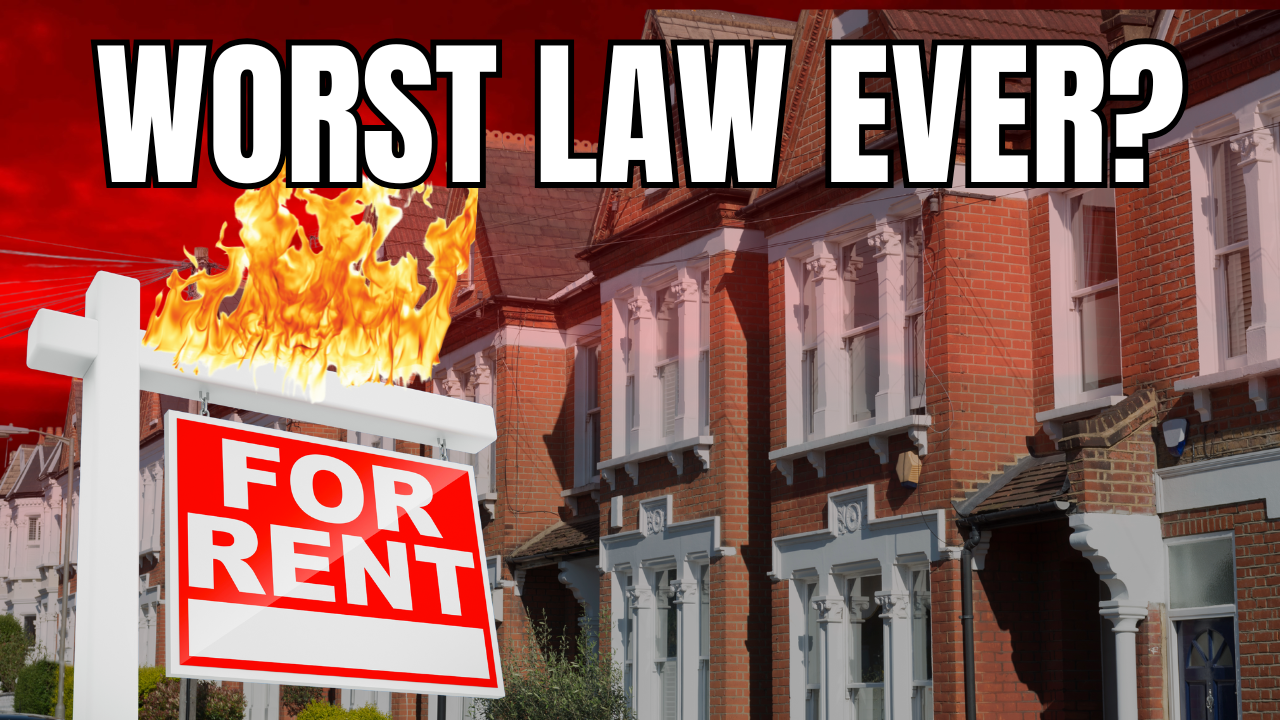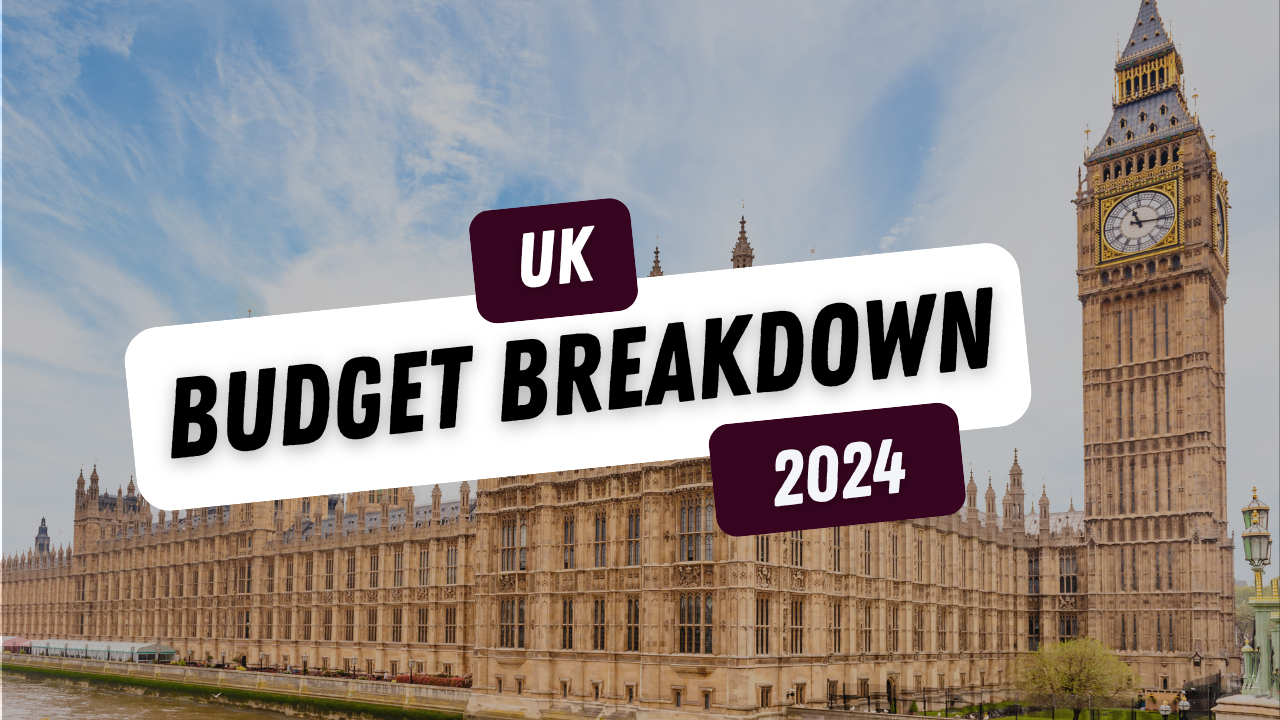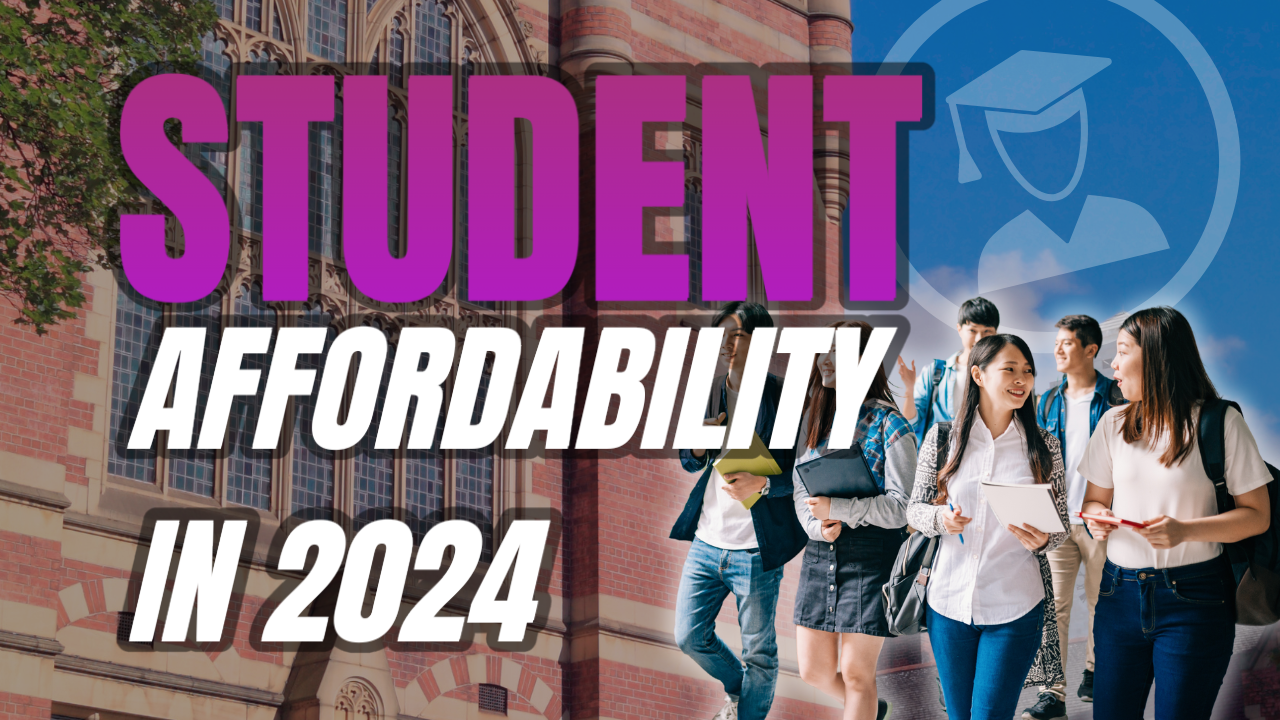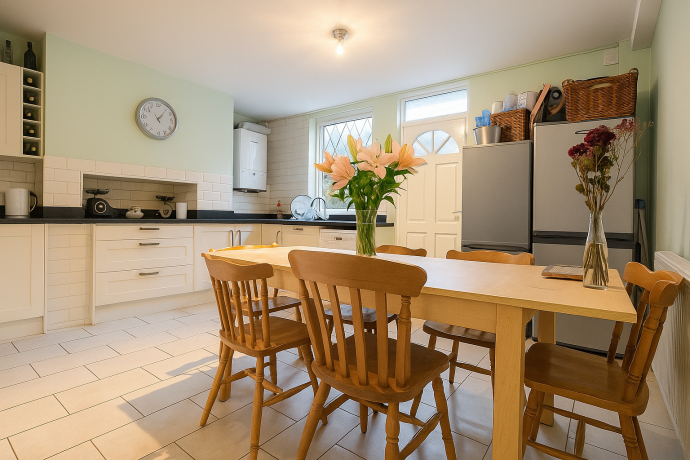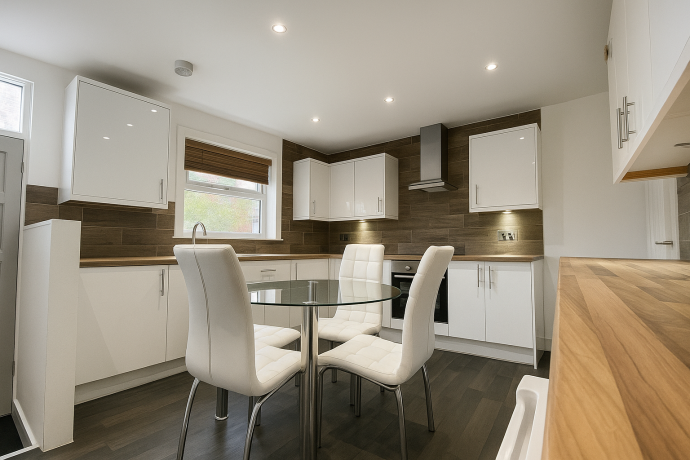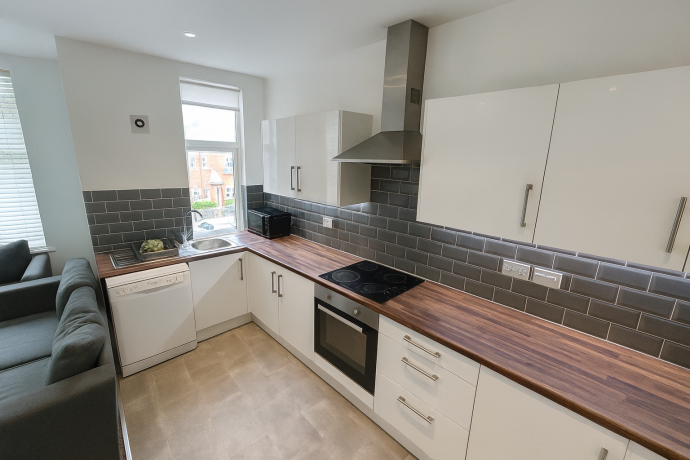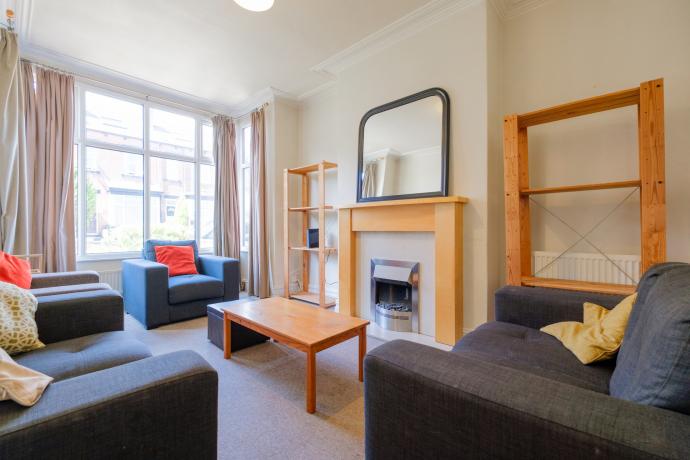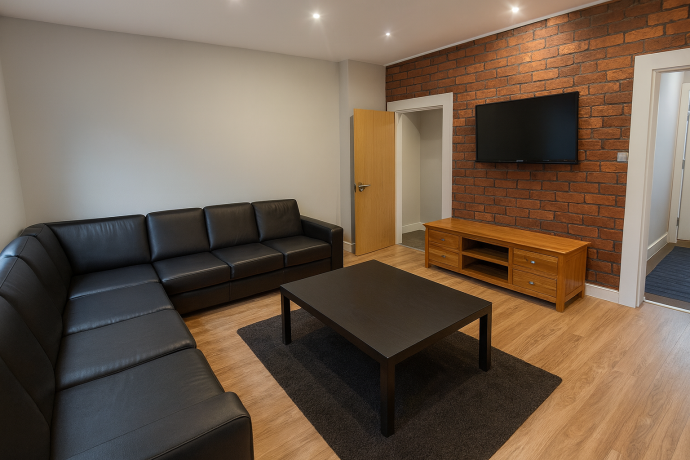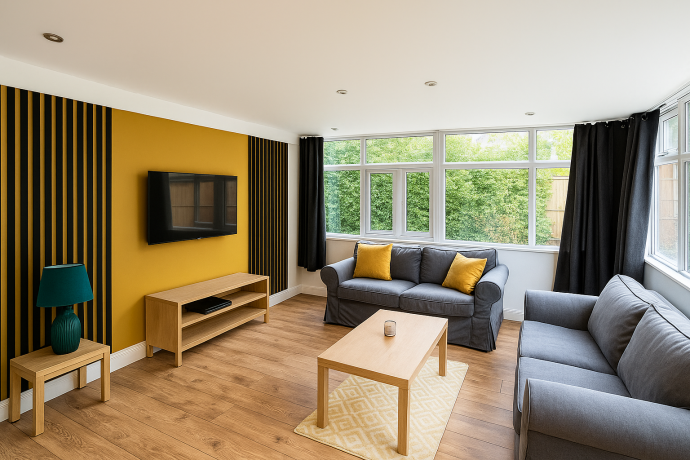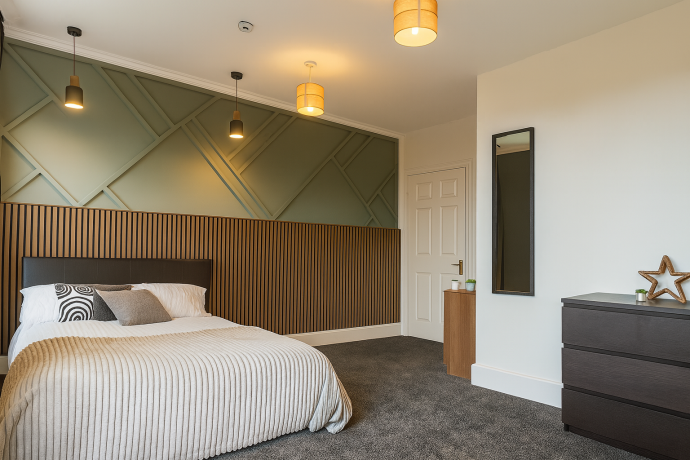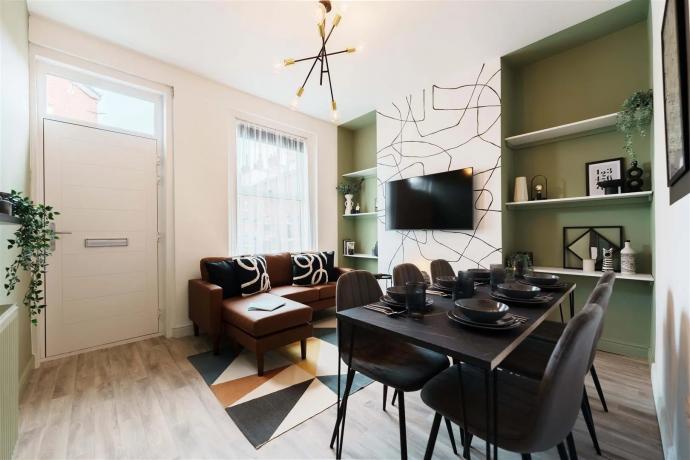
Universal Credit will soon be introduced across Leeds. The system, which has had its fair share of controversy since the pilot schemes launched back in 2013, will come into effect on 11 October 2018 and replace the existing "legacy" benefit system for all new benefit claims. Those currently claiming benefits will not be immediately affected until the system is gradually phased in for all Leeds claimants (i.e. those on legacy benefit payments) by 2022.
A complex issue which is unique to an individual's financial and personal circumstances, this post will provide an overview on how those claiming housing costs under Universal Credit may be affected, as well as giving Leeds landlords who rent to benefit tenants a better understanding of the upcoming changes.
What is Universal Credit?
Universal Credit is the new way for people to claim benefits.
It works by combining all previous benefits such as working tax credits, income support, housing costs, working tax credits etc, into one simple payment which is paid monthly to the claimant.
It has been introduced as a way to free claimants from what is known as the "benefits trap", i.e. where people are discouraged from working because they are in a better financial position by being on/claiming benefits.
Furthermore, Universal Credit aims to reduce the amount of fraud and errors in the system by centralising administration work and providing each claimant with their own "work coach", potentially saving billions of pounds a year.
How does Universal Credit differ from the current benefit system?
Universal Credit gives the claimant one overall benefit payment and one place to claim it, as opposed to the current system where claimants may have multiple benefits with multiple places to claim them. In theory, the process is therefore designed to be easier and more convenient for the claimant.
Universal Credit is one overall benefit that remains with a claimant "in and out" of work. The current system means claimants have different benefits to claim depending on their employment situation.
Universal Credit is all administered by the Department for Work and Pensions (DWP), whereas in the current system claimants must liaise with numerous government departments such as local authorities, HMRC, as well as the DWP.
Universal Credit allows all claims and changes to personal data to be made online, whereas currently there are numerous paper forms and clerical processes to undergo before a claim is successful. The DWP have produced the following tutorial video for claimants (which is also helpful for landlords):
www.youtube.com/UniversalCreditinAction.
By 2022, it is estimated that 7 million people will be affected by Universal Credit.
If all Universal Credit claims are made online, how will vulnerable claimants manage the new system?
As all administrative and payment information will be processed at county wide customer service centres, the administration burden of a "work coach" and "case manager" will be reduced their, thereby freeing up more time to assist vulnerable or older claimants with their application.
By 2022, it is estimated that 7 million people will be affected by Universal Credit.
How will the housing allowance of Universal Credit get paid to the landlord?
It will remain the claimant's responsibility to ensure their landlord is paid housing costs (rent) from their Universal Credit payment. However, if a tenant falls into two months arrears (despite claiming housing costs), a landlord can request direct payment from the DWP by completing a UC47 form, otherwise known as an Authorised Payment Arrangement (APA). This can be processed without tenant/claimant consent.
Additionally, as detailed in the Autumn 2017 budget it is now easier for claimants to get an APA transferred to their landlord at any time should they wish. This may be the case if a tenant does not feel financially capable or doesn't want the responsibility of paying the rent direct to their landlord. However, a claimant can withdraw their consent for a direct to landlord payment agreement at any time. It is the role of the work coach to provide guidance regarding such matters.
All managed payments to Landlords are paid on a 28 day cycle and are always made in arrears.
What documents will a claimant require before housing costs are added to their Universal Credit payment?
A claimant must provide the following documents to be approved for housing costs:
1. Proof of address/residency i.e. a tenancy agreement.
2. Show liability for housing payments.
3. Show proof that payments have been made, such as through bank statements or utility bills.
How does the Universal Credit taper rate help people back into employment?
Claimants are allowed to earn £196.00 per month (as at 12.06.2018) without having their full Universal Credit allowance deducted.
However, during an assessment period (1 month) if a claimant earns anything above £196.00pm he/she is subject to the taper rate of 63%.
As an example, if someone earns £500.00pm working part time, the first £196.00 is ignored, but the residual £304.00 is subject to a 63% taper rate deduction as detailed below:
£304.00 x 0.63 = £191.52
As such, £191.52 would be deducted from their a claimant's Universal Credit payment after earning £500.00.
As earnings rise, the taper rate reduces Universal Credit more smoothly than previous benefits until the person is self sufficient. In other words, the taper rate will reduce the Universal Credit payment until there is nothing left and the person goes into full time employment.
What if my tenant is self employed? How does Universal Credit account for his circumstances?
If a claimant declares they're self employed, they are required to attend a "gateway" interview with the DWP to establish if they are "gainfully self employed" i.e. they are carrying out a profession, trade, or vocation in expectation of profit on a regular basis.
If they are gainfully self employed and want to continue claiming benefits they will be required to report their self employed earnings each month by phone. Until earnings are confirmed, all existing benefit payments are put on hold.
Further reading
The above is only a brief explanation of how the upcoming changes may affect a landlord's ability to receive housing benefit. The rules surrounding Universal Credit are always changing so to ensure you have the most up to date information please visit www.gov.uk.

